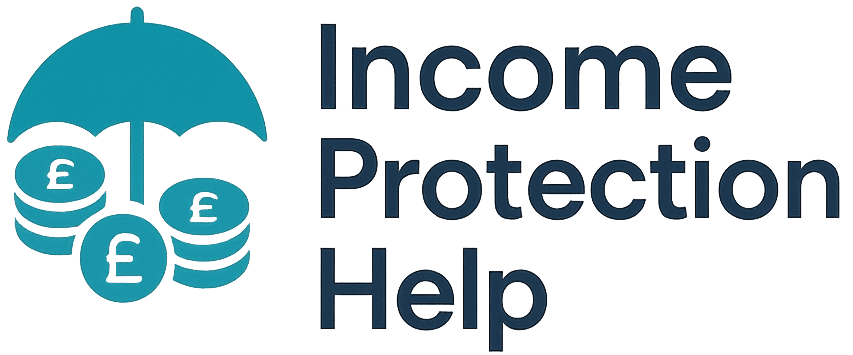Income protection vs sick pay
Statutory Sick Pay (SSP) is the legal minimum your company must pay if you’re an employee and unable to work through illness. As of May 2025, SSP is just £118.75 per week and is payable for a maximum of 28 weeks (GOV.UK – Statutory Sick Pay). For most limited company directors or higher earners, that level of support barely covers basic household expenses, let alone business or personal financial commitments.
SSP is paid by the employer and taxed in the same way as salary, meaning the actual amount you take home will be even less after deductions. In addition, directors who pay themselves mainly through dividends may not qualify for SSP at all, since entitlement is based on PAYE salary rather than total income. Learn more about alternative cover options in how income protection tax works for directors.
Why income protection offers stronger cover
Income protection provides a far more comprehensive safety net. Instead of a flat weekly amount, it replaces a percentage of your actual earnings — typically up to 80% for executive income protection policies funded by your company, or up to around 65% for personal plans. Payments continue until you recover, reach the end of your chosen benefit term, or retire, depending on the type of policy. You can compare these options in short-term vs long-term income protection.
Executive income protection premiums are usually tax-deductible as a business expense, reducing your company’s Corporation Tax bill. The benefit, when paid, can be used by the business to maintain your usual pay or keep the company running during your absence. This structure makes it one of the most efficient forms of financial protection available to directors and key employees.
If you’re self-employed
Self-employed individuals and freelancers aren’t eligible for Statutory Sick Pay, as they aren’t classed as employees under PAYE. Without income protection, you’d need to rely on savings, support from a partner, or limited government benefits such as Employment and Support Allowance (ESA), which are means-tested and can take time to process.
A personal income protection policy fills that gap by providing a tax-free monthly payment if you’re unable to work due to illness or injury. The benefit can help you keep up with bills, rent, mortgage payments, and day-to-day expenses while you focus on recovery. For more details specific to non-employees, see income protection for contractors and freelancers.
In short, Statutory Sick Pay offers a basic level of short-term protection, while income protection provides a much stronger, long-term solution — particularly for directors, contractors, and anyone whose income stops the moment they stop working. You can get a quote to compare costs from leading UK insurers.
